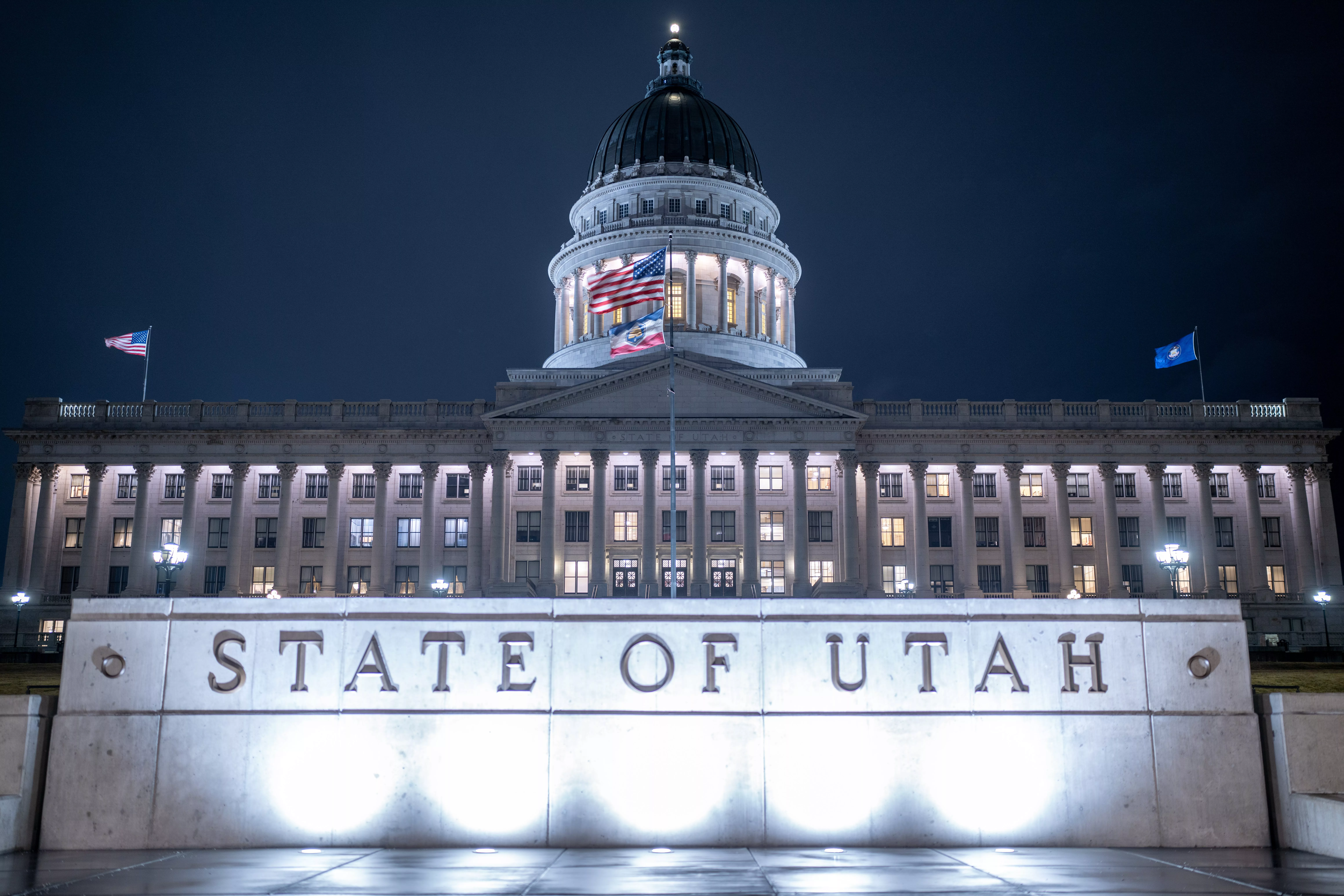
By Emily Anderson Stern | The Salt Lake Tribune
Several hours after Utah’s U.S. senators voted to claw back funding from the nation’s public broadcasting system, the state’s GOP governor stood at a podium Thursday for his monthly news conference broadcast statewide on PBS Utah.
Sitting alongside journalists from Utah’s major news outlets, the station’s reporter, Lauren Steinbrecher, asked: “What response do you have for the impact that this could have on Utahns, especially in rural areas?”
Gov. Spencer Cox said he agrees with some of the criticisms leveled by President Donald Trump and other Republicans that national programming produced by National Public Radio and the Public Broadcasting Service is “hyper-partisan,” but he has concerns.
“One of the things I’m most worried about is that these cuts actually won’t do what some members of Congress think they will do,” Cox replied, “in that PBS and NPR will go on still probably doing what they do, but the locals, PBS Utah, who are doing great things and great programs like this — which I hope add some value — these are the things that are going to be cut. These are the things that will fall away.”
“He’s right,” said Maria O’Mara, the CEO of PBS Utah and Salt Lake City-based NPR member station KUER, in an interview afterward.
Formally, the Rescissions Act of 2025 is a rare presidential request to exert powers to limit spending that are typically reserved for Congress. It also takes aim at foreign aid.
Read more at SLTrib.com.
This article is published through the Utah News Collaborative, a partnership of news organizations in Utah that aims to inform readers across the state.
